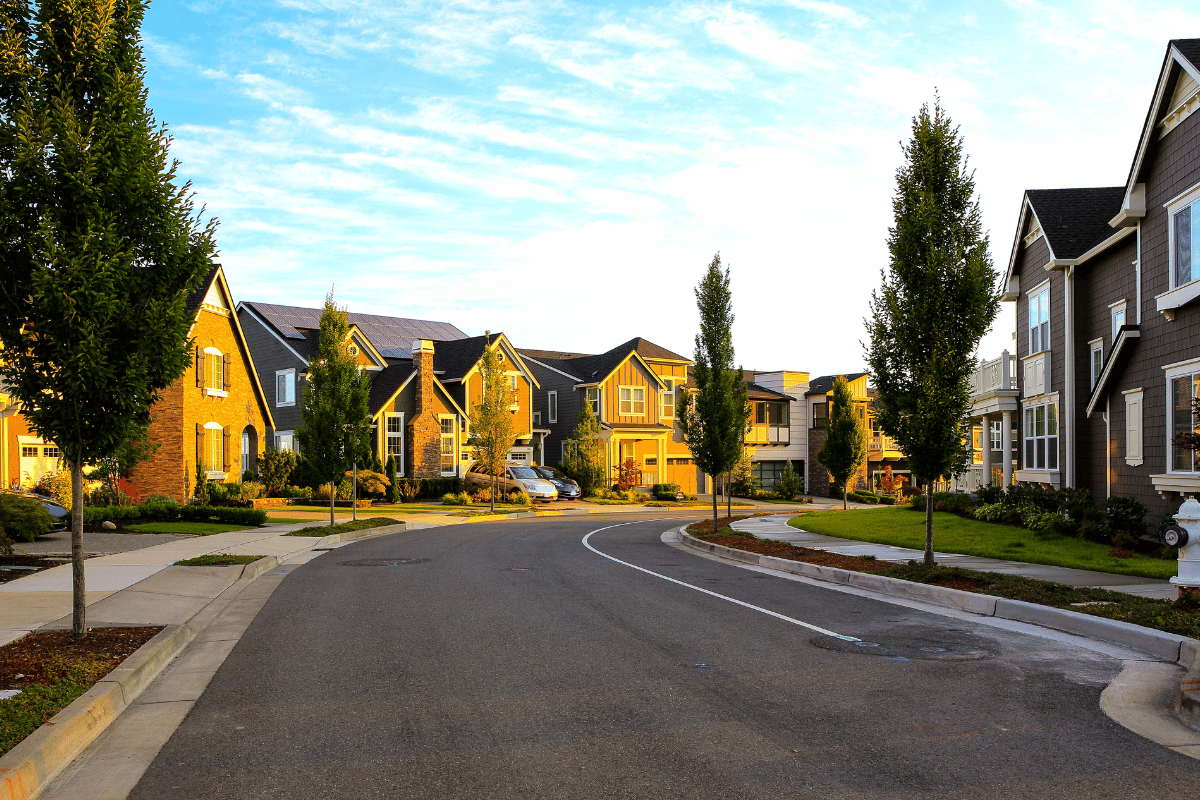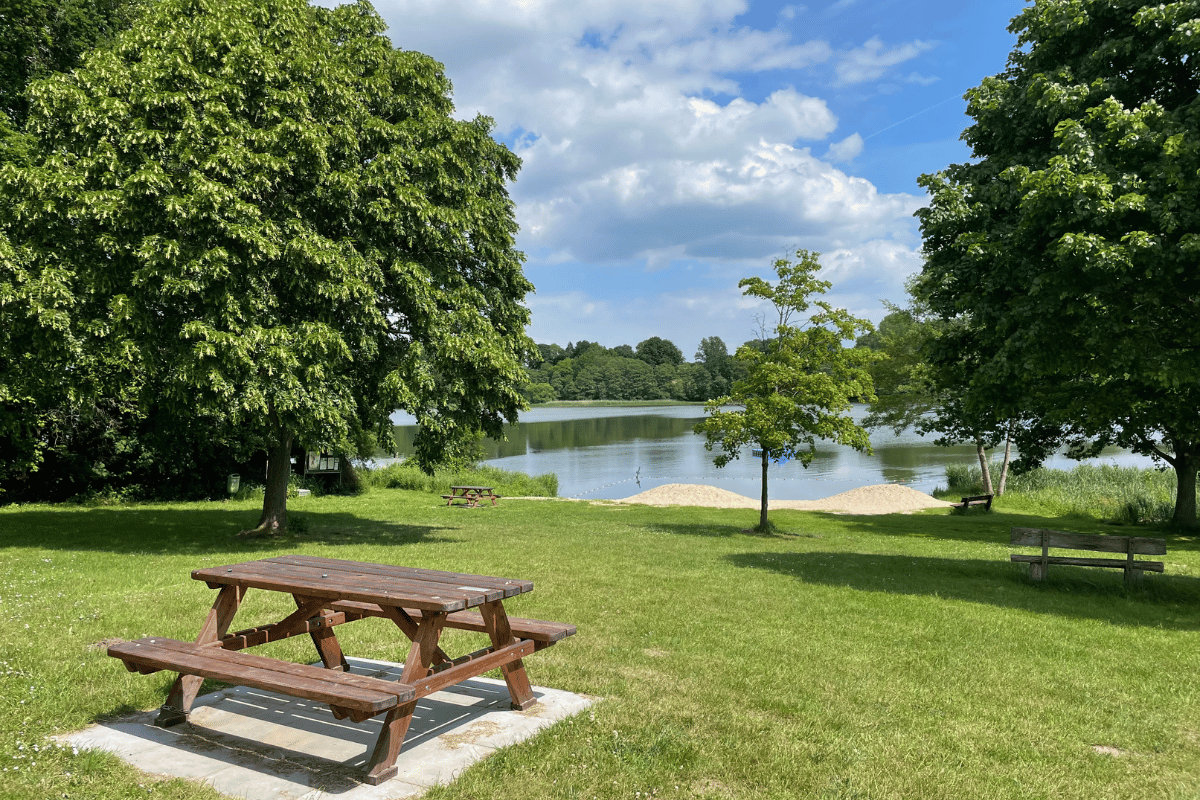
Buying a new home is a big decision. In addition to finding the right home, it’s important you choose an area that works best for you. In this guide on how to decide where to buy your next home, we’ll take a look at some of the things to consider. We’ll also share some tips and tricks on working with an agent to your dream home in the perfect area.
Factors to consider
Before you begin to consider different locations, you need to look at yourself and decide what you want. Consider your career goals. Also consider what you want from a community. Are you an independent single looking to find a vibrant city to live in? Do you want to start a family? Do you want a more peaceful way of living?
Your personality and your life experiences can influence where you choose to live. After you have examined your internal factors, you can now look at external factors that may help you make this important decision.
Let’s take a look at some of the other factors that go into choosing the location of your new home.
Budget
When you are considering moving to a new area, this should be a key factor. You need to consider how much you can afford each month to mortgage or rent a property.
Cost Of Living
The first step in figuring out your overall cost of living is to determine your housing budget. This refers to the amount you spend on basic living expenses such as food, utilities, childcare, etc. The cost of living is an important factor in deciding how much house you can afford and where to live.
Local Real Estate Market
Your cost of living and monthly housing costs will be affected by the local real estate market. When researching places, consider whether there is a seller’s market.
This can impact your ability to negotiate when you buy a house. A buyer’s market means that there are more properties available, which may allow you to negotiate higher prices. Seller’s markets may have fewer properties to purchase, which means that the seller will be able to negotiate more.
Job Opportunities
All of us need money to live. Most of it comes from our jobs. When you are looking for a place to call home, this might be something to consider. What is the state of the job market? Do the jobs that are available match your skills? Are they highly competitive?
There are many industry hubs in the country. If you’re interested, that could play a role in where you land. Also, you should look at the average salary in your area. Will this allow you to maintain your standard of living?
If you are considering moving to another state and keeping your job, make sure to verify with your employer. Your company might not be allowed to operate in the state you choose. Different tax rules apply in different states as well.
The big city vs small town living
When deciding whether you want to live in a small town or big city, there are some things to keep in mind. Although a big city may offer many places to live, as well as restaurants, arts, and culture, it might be more expensive. A small town, on the other hand, can provide wide open spaces and lower living costs, but there will be fewer museums and restaurants to choose from.
Every type of place has its advantages and disadvantages. You’ll need to consider what is most important to you. The suburbs can often be a great compromise.
The suburbs offer more space than the typical city home, and you can still enjoy the city’s benefits. It’s likely that you will have a lower cost of living than in a more urban area as well.
Growing city or established area
When deciding whether or not you want a big city or small town, you should also think about whether you’d prefer a growing city, or a more well established area. Both have their advantages and disadvantages.
You might prefer the excitement and lower cost associated with a place on the verge of growing. Or, you might be more comfortable with an established place with traditional amenities.
Entertainment options and culture
Culture and entertainment can have a significant impact on the quality of life in a given area. Consider what is important to you. Do you enjoy trying new restaurants? Do you love art museums?
Consider the entertainment and cultural offerings of potential places. You might be a sports fan that wants to spend their weekends at the game. If the arts are more your thing, then maybe you’d prefer somewhere with museums and a thriving theater scene.
Think about your hobbies. Will this new city support them? Look for online groups in the area that share your interests. This is a good way to gauge whether or not a specific place has what you’re looking for.

The outdoors
Consider what outdoor activities you would like to do in your new home if you are outdoorsy. Are you looking for a large piece of land to park your four-wheeler on? Would you rather have a strong park system in a large city? You might be looking for places to fish, hunt, or play sports.
Consider what your pets might need if you have children or dogs. You might consider dog parks or playgrounds. A yard might be necessary to allow your dog to run free, or for your children to get some fresh air.
Climate
Your preferred climate is another important consideration. Do you prefer the four seasons? Are you more at home when it’s warm and sunny all year?
Weather can have a huge impact on your daily life, including driving and beachgoing. Check out the weather patterns in your area. Does it rain too much? Does the idea of a drought concern you?
Another thing to think about is elevation. You might be considering moving to a mountain city. It may take some time to adjust to living at such an elevation.
Flooding is possible in areas below sea level or near large bodies of water. Ask your neighbors and a real estate agent about flooding in the area you are considering.
Crime Rates
Research crime rates in the area you are interested in. Remember that the crime rate of a location does not necessarily indicate how safe it is to live there. The term safety is subjective.
There are many factors that influence the type and frequency of crime in a particular area. It is important to keep in mind that crime rates vary greatly from one neighborhood to the next.
External costs such as insurance rates or home costs can be affected by crime rates, so it is worth looking into and taking note.
Education
This is especially important if you have children or plan to have them. Look into the schools in your area.
Look into what schools are available to accommodate special needs children. Families flock to schools that are thriving and make their neighborhood stand out. Talking with parents of children in the area can give you an idea about the school’s quality.
Consider their opportunities after high school if you have older children. Are there any trade schools or community colleges that might be of interest to them? Is there a state university that offers in-state tuition?
Remember that great schools can raise your property value even if you don’t have children!
Public Transportation
If you don’t have a car or don’t want one, public transportation may be an option. While major metropolitan areas may have strong public transportation systems in place, much of the country’s smaller towns lack a robust public transit system. Rideshares and buses are very common. However, it is important to research the cost and time involved.
Transport is often part and parcel of a commute. Consider how far you will have to commute to work.
Proximity to family and friends
Consider how close you’ll be to family and friends. They may be a source of child care or just want to be there to visit you whenever you need.
No matter what, you need to decide what that means for your family. You can reduce your list of locations by choosing to live close to loved ones.
Work with a good agent
Remember that a good agent can help find the right neighborhood and city for your needs. It will be a huge benefit to you to find one who is knowledgeable about the area.
They will be able to explain any factors that might affect your decision. They’ll also be able to help you find the right home for your budget.
Conclusion
It is an important decision that involves many moving parts. You can decide where you will thrive by weighing factors according to your wants and needs. If you’re ready for a change, do your research and work with a great agent to help you find the place that works best for you. You’ll be glad you did!